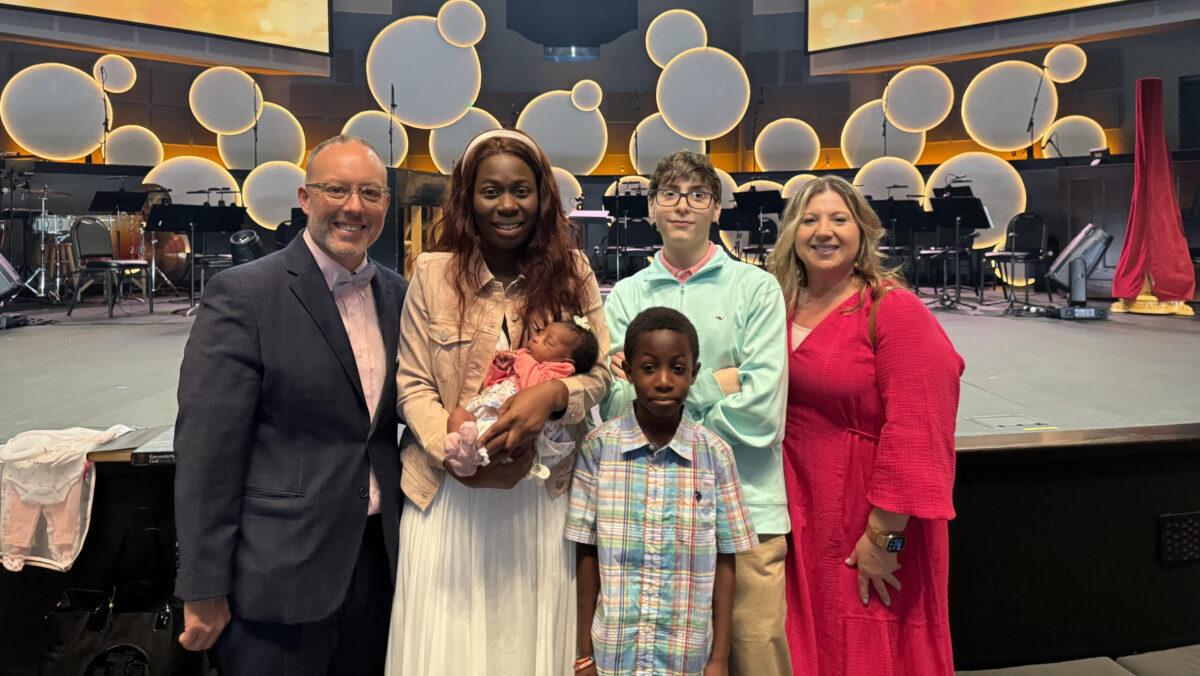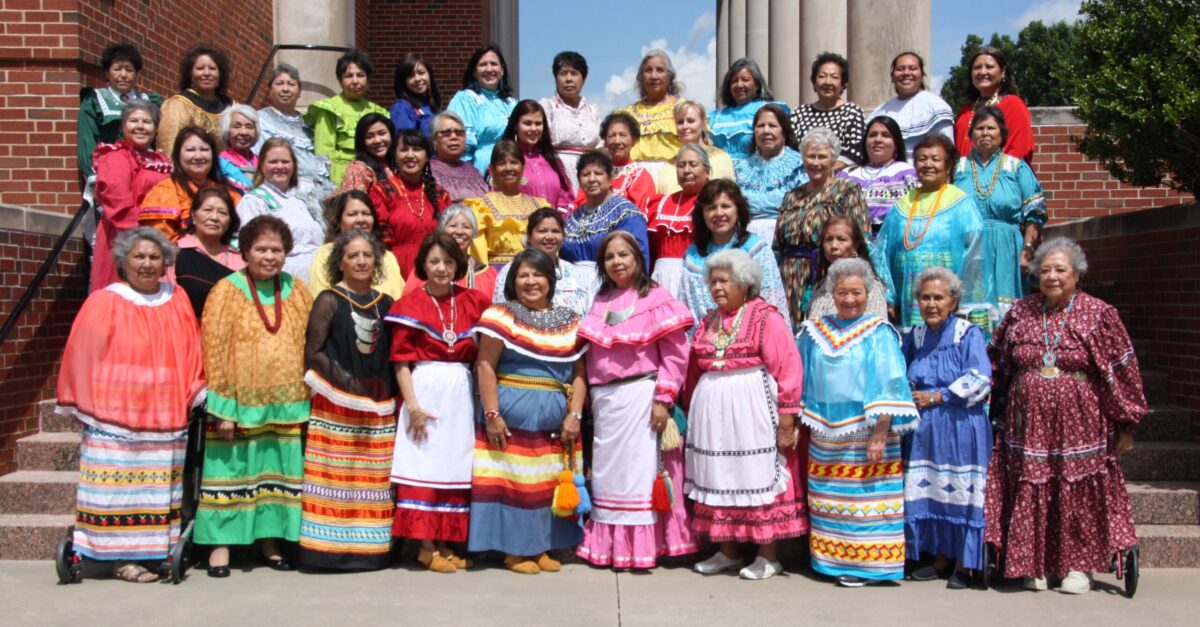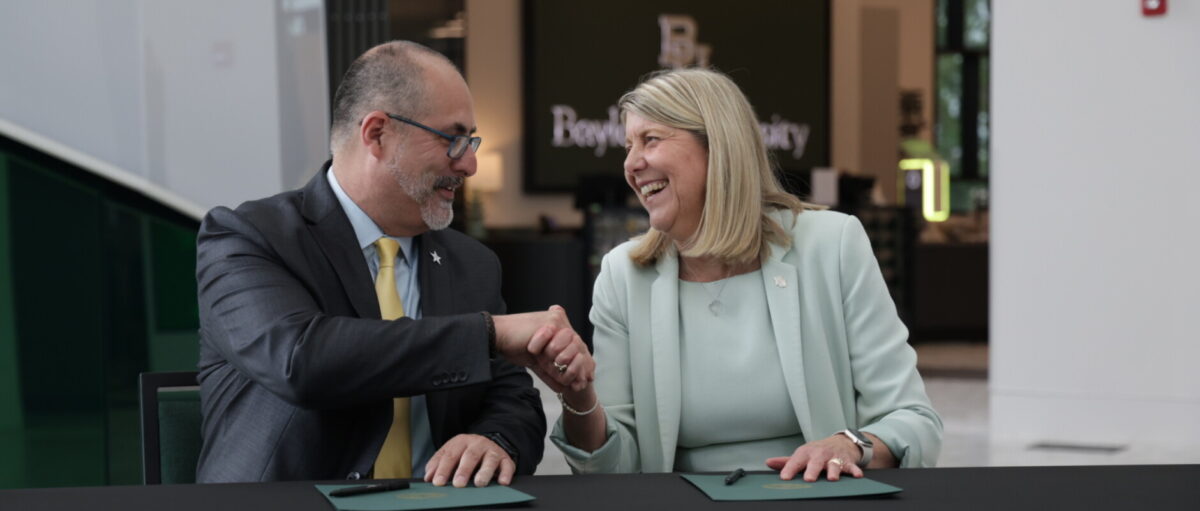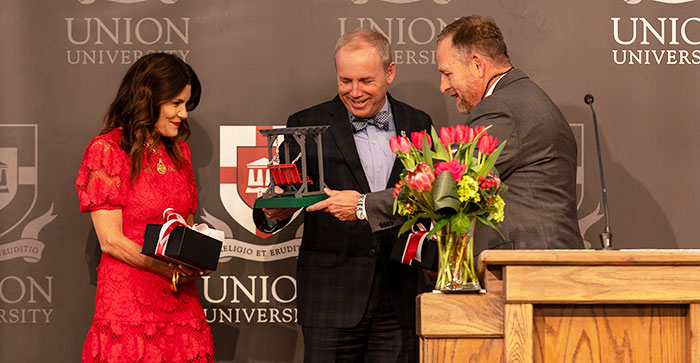When Dewayne Rembert was growing up, he didn’t have a father around. But he did have something else — music.
“I remember music was my ‘daddy,’ ” he said. “Hip-hop raised me. But hip-hop raised me wrong.”
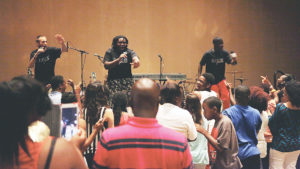
The lyrics played a huge role in Rembert’s selfishness, petty crimes and anger, he remembered. So when Jesus turned his life around at age 26, he started thinking about how he could help take back hip-hop music for the sake of the gospel and raise kids right.
God planted in his heart the idea for Flatline Movement — to see the hope of Jesus move through the culture he grew up in by discipling students and introducing them to Christian hip-hop. The “flatline” represents how people are dead in their sins until God brings them to new life.
That’s the message Rembert wants music to communicate.
Linking up
More than a decade ago he started building relationships with students and discipling them. He started linking up with Christian hip-hop artists who would come alongside him and share their music.
Over time, his team got bigger, and they were able to hold more and more events, including providing meals for students. Now officially a ministry called Flatline Movement, they were seeing dozens of lives changed.
But in 2016, when Rembert began to feel God leading him to plant a church, he knew he couldn’t continue to lead both on his own.
Stepping in
That’s when DeAndre Burns came alongside and became Flatline Movement’s general manager. Burns was introduced to Christian hip-hop while growing up in California, and it impacted his life in a big way. He said negative music can do the same, but not for good.
“That’s one of the things that nobody wants to take responsibility for is how the music is impacting and affecting communities, and that’s communities from the suburbs to the inner cities,” Burns said. “So if you’re hearing shoot, shoot, shoot, kill, kill, kill, or misogyny in lyrics, or if you’re hearing just violence, and you’re hearing all of these things over and over and over again, then what are you going to end up getting in the end? Those seeds planted are going to bring forth a harvest.”
That’s why he and Rembert want to plant new seeds for a different harvest.
Everything they do is centered on sharing the gospel. In addition to bringing in artists to perform, they have raised funds for a state-of-the-art studio at Flatline Church at Chisholm, an area in Montgomery, Alabama, to produce and release music.
In recent weeks, Ryan Noble of Urban Alternative connected Rembert with well-known Texas pastor and author Tony Evans, who decided to partner with Flatline Movement, supplying hundreds of devotional books geared toward young men. And at a rally at Montgomery’s Cramton Bowl in October, several artists performed and Rembert gave a gospel presentation. Nine people decided to follow Jesus.
Rembert said it’s amazing to see what God has done through rap music laced with gospel lyrics.
“Rap is in the Bible — rap stands for rhyming poetry, and if you look in the book of Psalms, it’s a poetic book. Proverbs, Song of Solomon, Job, Ecclesiastes — all are poetic books,” said Rembert, who now is lead pastor of Flatline Church in addition to ministering through Flatline Movement. “Satan can’t produce anything; he just perverts what God has already produced … so the part of rap that’s being exposed to people is the part that he’s perverting, so right now we’re being very intentional in regards to putting out God’s gospel through that kind of music.”
Hear more on the Stories podcast
Want to hear more of the Flatline Movement story? Check out Season 4, Episode 2 of TAB Media’s Stories podcast, available now. The serial-style podcast tells the story of Dewayne Rembert and Flatline Church in Season 2 and continues in Season 4.





